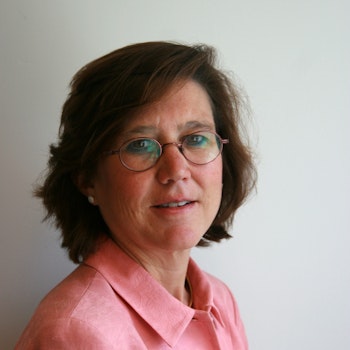Happiness for All?: Unequal Hopes and Lives in Pursuit of the American Dream


Hardcover
Paperback
- Price:
- $23.95/£20.00
- ISBN:
- Published:
- Jul 14, 2020
- Pages:
- 208
- Size:
- 6.13 x 9.25 in.
- 20 b/w illus. 12 tables.
- Main_subject:
- Economics & Finance
ebook
The Declaration of Independence states that all people are endowed with certain unalienable rights. Among them is the pursuit of happiness. But is happiness available equally to everyone in America? How about elsewhere in the world? Carol Graham draws on cutting-edge research linking income inequality with well-being to show how the widening prosperity gap has led to rising inequality in people’s beliefs, hopes, and aspirations. The result is an optimism gap between rich and poor that, if left unchecked, could lead to an increasingly divided society. Happiness for All? highlights the importance of well-being measures in identifying and monitoring trends in life satisfaction and optimism, and demonstrates how hope and happiness can lead to improved economic outcomes.
Awards and Recognition
- One of Project Syndicate’s Best Reads in 2017 (chosen by Kermal Dervi )
